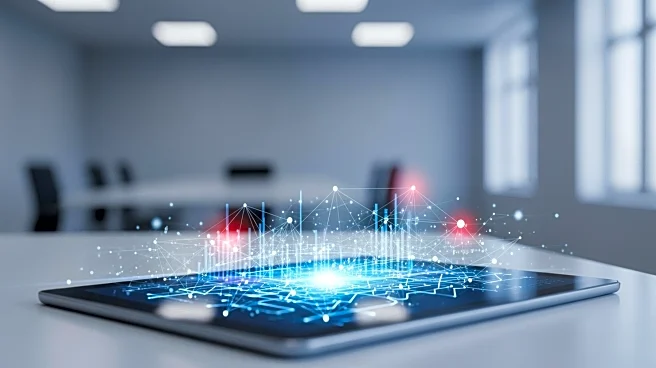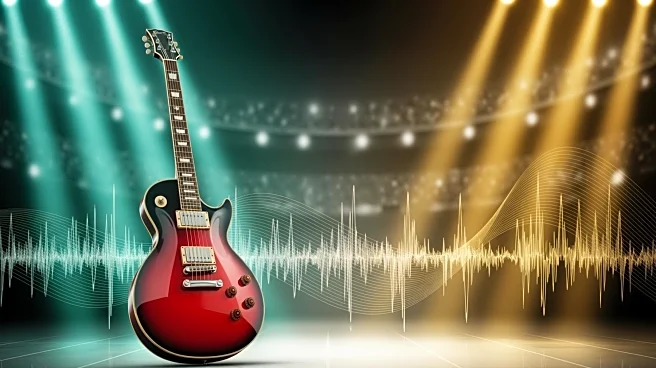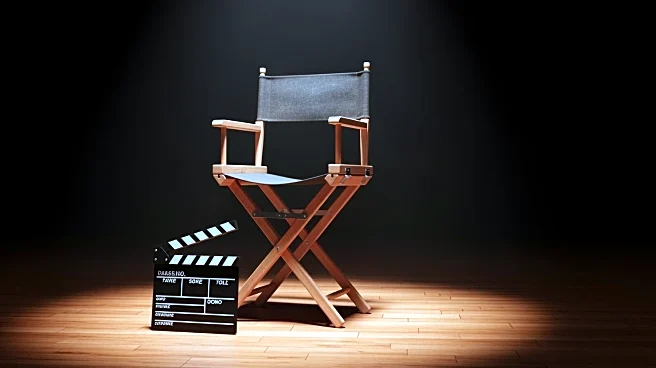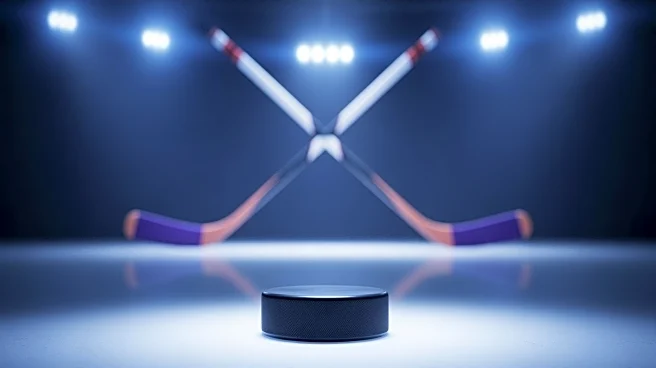What's Happening?
Following President Trump's victory last November, the Democratic Party has been compelled to overhaul its media strategy. Recognizing the need to engage a broader audience, Democrats are increasingly turning to digital media platforms and influencers.
This shift is evident in the frequent presence of 'creator hours' and influencer briefings at Democratic events. Notable figures like State Rep. James Talarico and California Gov. Gavin Newsom are actively engaging with new-media personalities to reach voters. Despite these efforts, Democrats still lag behind Republicans, who have a well-established digital media presence. The Democratic Party is working to close this gap by fostering relationships with independent content creators and leveraging platforms like Substack and YouTube.
Why It's Important?
The Democratic Party's pivot to digital media is crucial in the current political landscape, where traditional media influence is waning. By engaging with digital influencers, Democrats aim to reach younger, more tech-savvy voters who consume news through social media and podcasts. This strategy could enhance fundraising efforts and volunteer mobilization, essential for upcoming elections. However, the reliance on digital media also risks creating information bubbles, potentially limiting exposure to diverse viewpoints. As Democrats strive to match the digital prowess of Republicans, the success of this strategy could significantly impact future electoral outcomes and the party's ability to effectively communicate its platform.
What's Next?
Democrats are expected to continue expanding their digital media presence, with more candidates and officials engaging with influencers and independent media platforms. This trend may lead to increased collaboration between traditional media figures and new-media personalities, further blurring the lines between conventional journalism and digital content creation. As the 2028 presidential campaign approaches, the influence of digital media is likely to grow, with creators playing a pivotal role in shaping public opinion and political discourse. The Democratic Party's ability to adapt and innovate in this space will be critical in maintaining competitiveness against the established Republican digital media infrastructure.
Beyond the Headlines
The shift towards digital media engagement by Democrats highlights broader changes in political communication and media consumption. As traditional media outlets face declining influence, the rise of independent creators offers new opportunities for political messaging. However, this also raises ethical questions about the role of influencers in shaping political narratives and the potential for biased reporting. The evolving media landscape may necessitate new regulations and standards to ensure transparency and accountability in political communication. Additionally, the focus on digital media could influence cultural perceptions of political engagement, emphasizing the importance of online presence and interaction in modern politics.
















